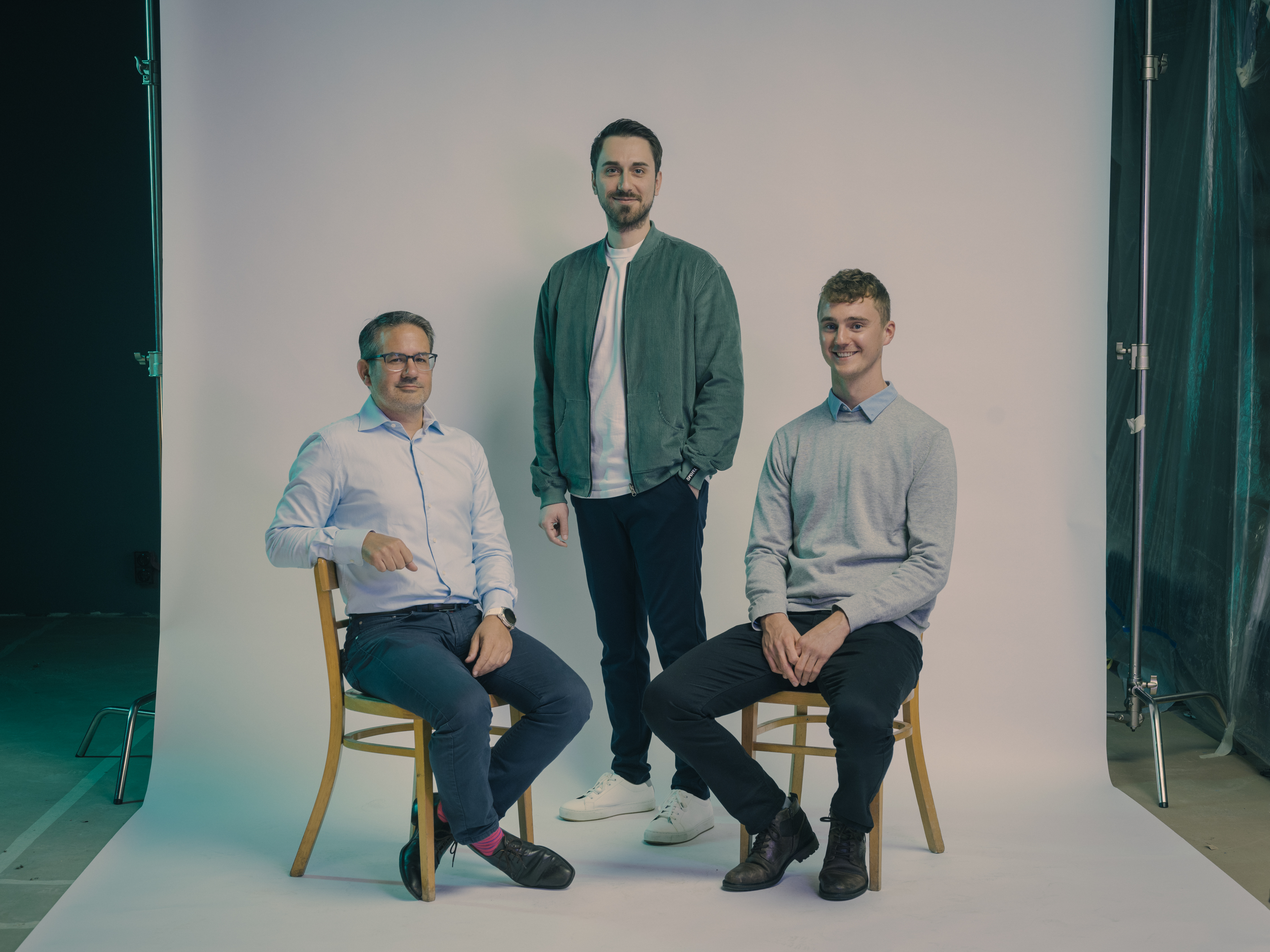
SPRIND Challenge
The SymbioLoop consortium, which includes researchers from Konstanz, receives millions in funding through the SPRIND Challenge for developing recyclable plastics from waste. Key groundwork for SymbioLoop was laid by the University of Konstanz's transfer project "Waste2DCA". As a spin-off, it will collaborate with the new large-scale research institution "Center for the Transformation of Chemistry (CTC)" in Germany.
Is it possible to produce high-quality materials from waste that are sustainable at the same time? Yes, it is – and this is exactly what chemist Manuel Häußler and his research team are working towards. To achieve a sustainable future, we urgently need new processes that enable us to utilize waste and residual materials. Manuel Häußler and his team at the University of Konstanz have developed a process for converting conventional plastic waste into versatile chemicals. These chemicals can then be used to produce new, more sustainable plastics. The successful research transfer project is now about to be spun off.
In cooperation with four partners, the team has formed the consortium SymbioLoop which participates in the challenge "Circular Biomanufacturing" funded by the Federal Agency for Disruptive Innovation (SPRIND). In the first phase of the challenge, the team will receive 1.5 million euros for their project. SymbioLoop's concrete aim is to develop plastics from waste whose functionalities are on par with conventional plastics, but that can be recycled almost endlessly. Replacing materials produced from crude oil and avoiding new waste means chipping away at two sides of the problem. "To do this, however, we need chemicals that are almost impossible to produce economically using current processes", says Häußler. The plan is to produce these chemicals on the basis of a symbiotic co-culture of algae and yeast that feeds, for example, on old cooking oil or processed plastics.
From Konstanz to central Germany
Manuel Häußler is already taking the next important steps on the path to making this vision a reality. In addition to his role as founder of the Konstanz start-up, the researcher recently became a group leader at the Center for the Transformation of Chemistry (CTC), a new large-scale research institution with two locations in central Germany. Häußler sees the future research and cooperation options at the CTC as a great opportunity for the enterprise.
The Federal Agency for Disruptive Innovation (SPRIND)
The Federal Agency for Disruptive Innovation (SPRIND) was founded in 2019 with headquarters in Leipzig. SPRIND is funded through the German federal budget with the purpose of closing a gap in the German innovation landscape by identifying new, ground-breaking technologies that address the major challenges of our time while ensuring that the value created by the resulting companies and industries remains in Germany and Europe.
Press release on the Federal Agency for Disruptive Innovation's current challenge "Circular Biomanufacturing": press release
The Center for the Transformation of Chemistry (CTC)
In 2022, the transdisciplinary Center for the Transformation of Chemistry won the ideas competition "Science Creating Prospects for the Region!" organized by the German Federal Ministry of Education and Research. Its aim is to transform the chemical industry into a circular economy based on renewable raw materials and recycling. It is currently being set up at two locations in central Germany – in Delitzsch and in the Saalekreis district.
